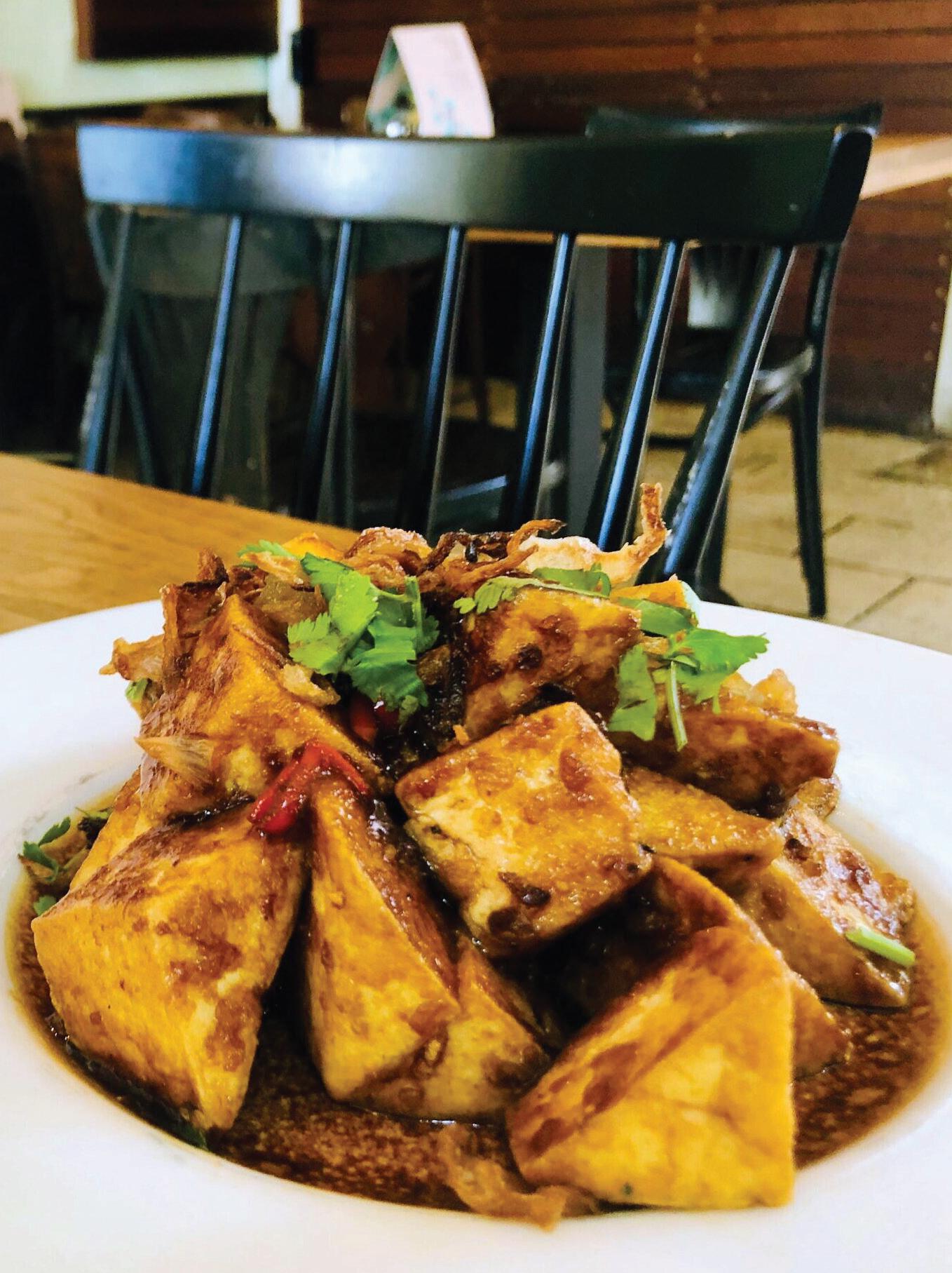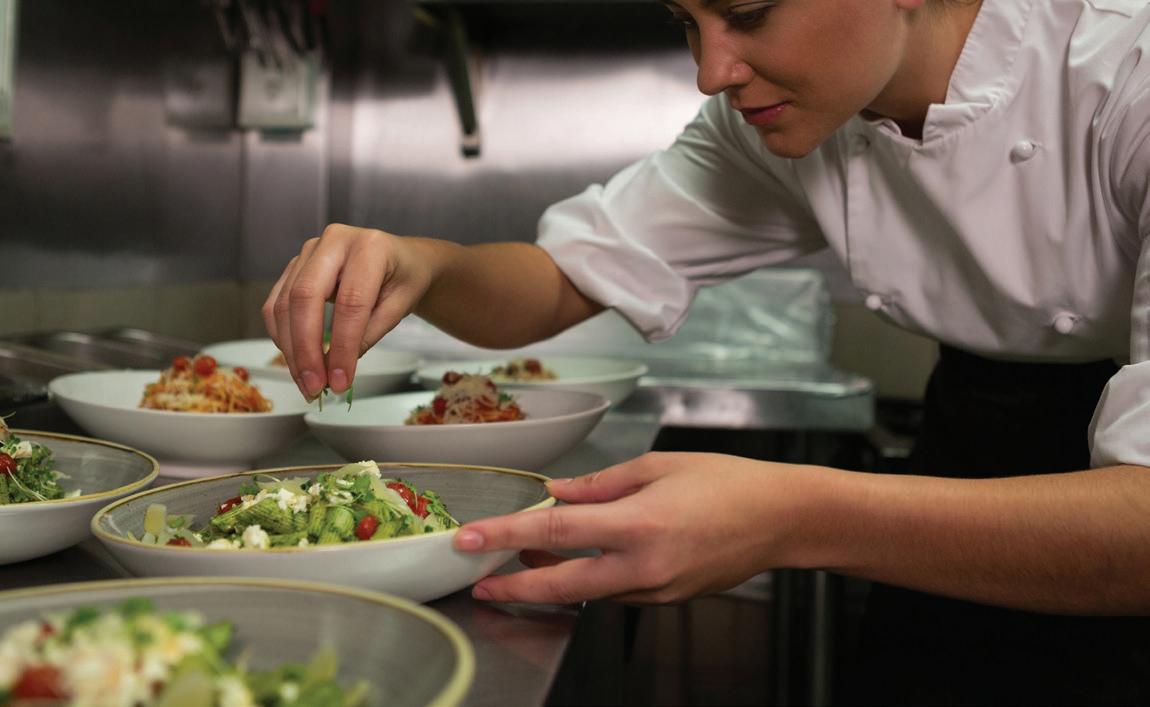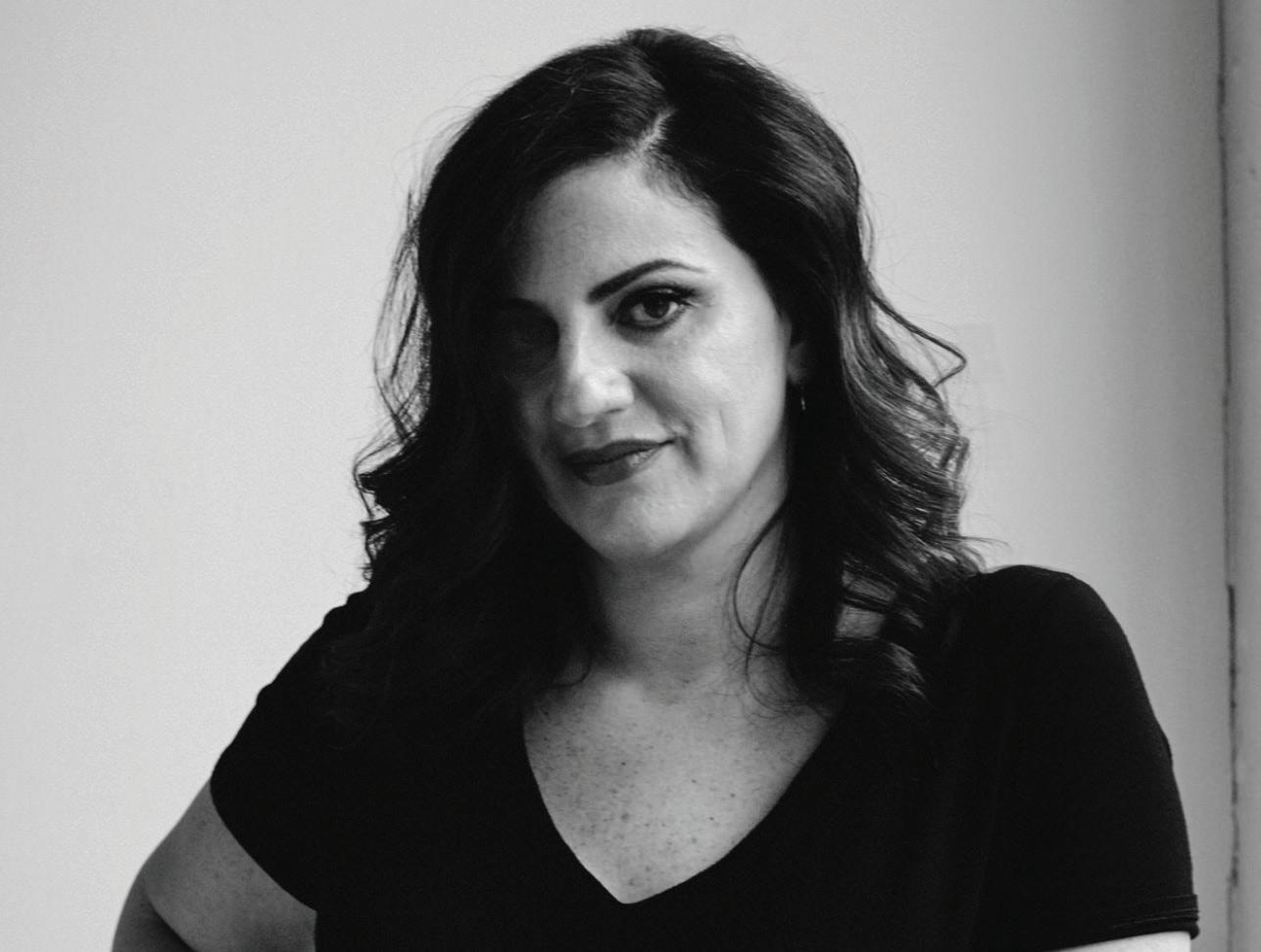
5 minute read
The female chefs shaping Israeli dining
1000 WORDS
THE FEMALE CHEFS SHAPING ISRAELI DINING
Advertisement
In a traditionally male-dominated industry, it is female Israeli restaurateurs at the forefront of Tel Aviv’s thriving culinary scene who are charting the way forward for Israel’s food culture. Ruti Broudo, Merav Barzilay and Shirel Berger each share their compelling messages.
Broudo is the co-founder of R2M Group, one of Tel Aviv’s largest and fastest-growing hospitality companies, comprising seven hotel and restaurant concepts in the city, including Hotel Montefiore, CoffeeBar, Brasserie, Delicatessen, Bakery, Herzl 16 and Disco Tokyo, with several more on the way for 2020.
Her journey to becoming a restaurateur, she said, began upon her return to Israel after numerous years traveling the world and collecting inspiration.
“I came back with a desire and vision to bring my experiences abroad to Israel and offer a new hospitality experience to Tel Aviv that hasn’t been done before,” she said.
Two-plus decades later, Broudo has indeed fulfilled this vision, and is recognized as one of the principal arbiters of style and hospitality in Tel Aviv, collecting inspiration from her time in New York, London, Amsterdam, Tokyo and Paris.
When she spots an interesting concept, she applies her vision and taste to reimagine it for her home city of Tel Aviv. The result is a collection of venues as treasured by locals as they are by tourists. The common thread running through them all is a certain chic timelessness, reflecting Broudo’s personal flair.
Her core identity, she said, lies in being both female and Israeli.
“I want to be celebrated as a powerful Israeli woman, recognized for my hard work and accomplishments in bringing a variety of amazing establishments to Tel Aviv— that each on its own brings a different kind of energy, happiness, cultural aspect and provides an authentic sense of place,” she said.
Especially in a male-dominated field like the culinary arts, Broudo said, “There are always going to be challenges for women who are leaders and visionaries in their field. But for me personally, I established my voice and position in this business early on, so I’ve always been and felt an equal with my [male] partner [Mati Broudo].”
The power of food and hospitality, said Broudo, “brings people together and creates discussions and moments,” fostering “a different kind of warmth and sense of belonging that comes with Israeli hospitality.”
“I hope to continue shaping the future of Israeli dining and hospitality by continuing to bring new and innovative food concepts to Tel Aviv that elegantly infuse both local cuisine with popular cuisine and culture from abroad,” she added.
“Ladies, you can do anything you want, follow your vision, no matter how big or small, and continue changing the world!”
Following their own culinary visions and principles, Merav Barzilay and Shirel Berger are at the forefront of Tel Aviv’s vegan food movement.
Barzilay is the owner of Meshek Barzilay, and Berger is the head chef at Opa, a recent newcomer that has introduced the concept of
vegan fine dining to the city.
Barzilay comes from a long line of agriculture-based initiatives. Before the establishment of the State of Israel, Barzilay’s grandparents established Moshav Yarkona, a small agricultural community, where they planted citrus orchards and raised chickens. In 2002, Barzilay opened a restaurant there, with locally sourced and organic ingredients long before “farm-to-table” eating had even
entered the culinary lexicon in Israel, let alone become a dining trend.
According to Barzilay, cultivating and consuming have always been two sides of the same coin, and she expressed concern that many restaurants are losing the connection to the land and its produce. Her journey to becoming a top chef began with her journey as a mother, as she became worried about the food she was feeding her children. This led Barzilay to leave her fast-track job in advertising, and she began planting a lettuce garden outside of what would become the first Meshek Barzilay Restaurant, in her home community of Yarkona.
Without knowing it, she was also planting the seeds for an entire movement of organic vegetarian restaurants, her own now being based in the heart of Tel Aviv’s charming Neve Tzedek neighborhood.
Growing naturally from the proverbial seeds Barzilay had planted years prior, Shirel Berger’s plant-forward concept at Opa focuses on health and sustainability, where she uses vegetable-only ingredients that are locally sourced — without any part of the plant going to waste.
Chef Berger ages all fruits and vegetables for three to five months, salting and vacuum packing with olive oil to preserve the cells, yet maintaining the structure and hydration. Through salting, dehydrating, braising and fermenting techniques, Chef Berger manages to manipulate the flavors and essence of the produce, with fascinating results that mimic contrasting tastes and textures. Any unused vegetable stem is fermented in salt, releasing flavors perfect for stocks, sauces and vinegars.
At just 28 years old, Berger has cooked since she was 12, later training with the Culinary Institute of America and working in restaurants in New York City. Highly critical of the dairy and meat industries, she started cooking solely with vegetables and “fell in love” with the creativity required to use vegetables while maintaining the fine

dining experience.
Another one of her great loves, she said, is the Israeli environment that creates the perfect terroir for high-quality vegetables. Being more connected to the land and what it produces, Berger said, can help the world be aware of “the amount of what they are consuming,” explaining, “we are living in this world and it has a huge impact on the future, which is important for this planet.”
Though being a woman shouldn’t matter in the culinary industry, she said, “The fact that I’m a woman in such a field not really dominated by women has made me stand out,” adding that women need to work harder to reach success in the field, “because women are not taken seriously enough.”
In the future, Berger hopes to bring the Michelin star to Israel, “putting Israel on the culinary map like Europe and the United States,” she said.
Her message for women is simple: “Believe in yourself, that’s it.”










